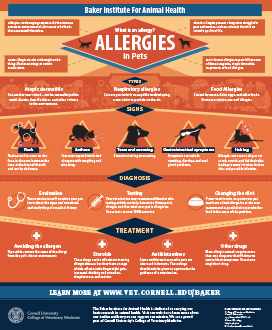What Vaccinations Are Needed For Dog Daycare
What Vaccinations Are Needed For Dog Daycare
Blog Article
What Vaccinations Are Needed For Pet Dog Day Care?
Whether your canines spend time at childcare or boarding centers, they need to be up-to-date on every one of their called for inoculations. Core injections include Bordetella, rabies and DA2PP, which defend against typical diseases that dogs are revealed to when in close contact with others.
Non-core vaccinations include canine influenza and leptospirosis shots. These are advised for pups that join various other canines regularly.
Core Vaccinations
As a crucial part of preventative care, pet injections help maintain dogs safe from transmittable conditions transferred through direct contact or polluted surfaces. Injections stimulate the body immune system to develop antibodies that combat condition, and many veterinarians think about core pet injections to be vital for all animals.
Rabies
The majority of trusted pet daycare centers need that your pet be up to day on their rabies inoculation. Vaccinations are provided to pups as early as 12-16 weeks old, and boosters are required every three years approximately until their adult years. Rabies is a fatal viral disease that spreads through saliva, normally from bites. A lot of states require rabies inoculations for all dogs and felines, and some also mandate rabies boosters for animal proprietors.
Distemper/Parvovirus/Adenovirus (DHPP).
This mix vaccination covers canine distemper, parvovirus, hepatitis, and adenovirus, every one of which are highly infectious. The majority of veterinary offices supply DHPP vaccines as one shot or in a series of 2 to four shots, provided 2-4 weeks apart, adhered to by an annual booster. This injection is a requirement for a lot of boarding and doggy day care centers, as well as lots of groomers.
Bordetella/Canine Parainfluenza Vaccination.
Bordetella bronchiseptica, typically called kennel coughing, is a very infectious respiratory system infection caused by the germs that creates the disease. Symptoms consist of relentless coughing, sneezing, nasal discharge, and fever. Many kennel coughing episodes occur in congested settings, such as childcare or boarding facilities, and are particularly usual in warmer climate. This vaccine is a demand for the majority of day care and boarding centers, and is usually offered in a combination with the DHPP injection.
Leptospirosis Vaccination.
This is a microbial disease that spreads with polluted water, dirt, and pee. Infection can create kidney and liver damages, along with death, and is transmissible to people. A lot of veterinarians will certainly advise this vaccination, based on geographic place and way of life of the pet, for pet dogs that hang around outdoors or at boarding facilities, in addition to some groomers. This vaccination is typically provided as a collection of 2 to 4 shots, spaced 2-4 weeks apart, with an annual booster boarding dog training required for many animals.
Lyme Illness Vaccination.
One of the most usual tick-borne condition in the United States, Lyme disease is transmitted by the deer tick and can lead to fever, joint pain, muscle mass pain, and loss of appetite. The Lyme disease injection secures against the most common pressures of the infection, consisting of the H3N8 and H3N2 strains. Most veterinary clinics recommend this injection, especially in high-risk areas, such as the Northeast, upper Midwest, Mid-Atlantic, and along the Pacific coast.
Noncore Vaccines.
Other dog vaccines, while not necessary for all pets, are recommended based on the dog's lifestyle and geographical location. These include the following:.